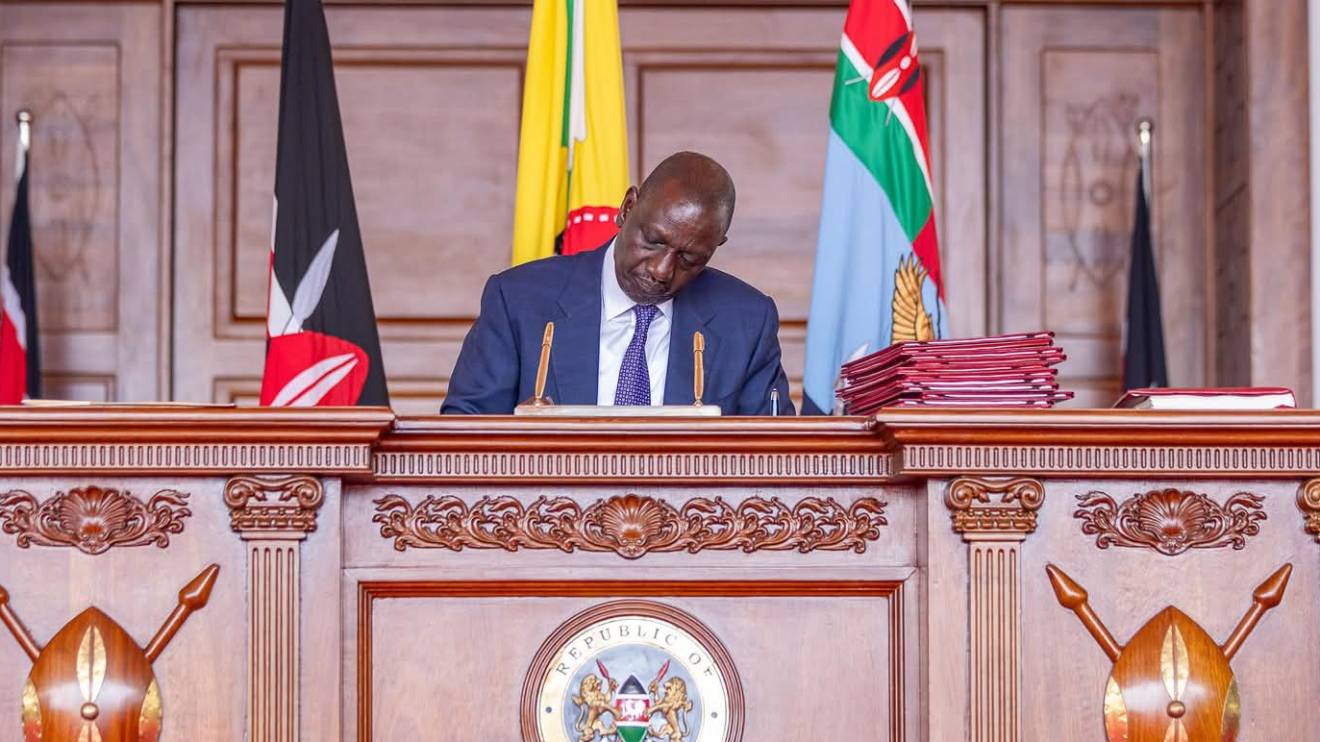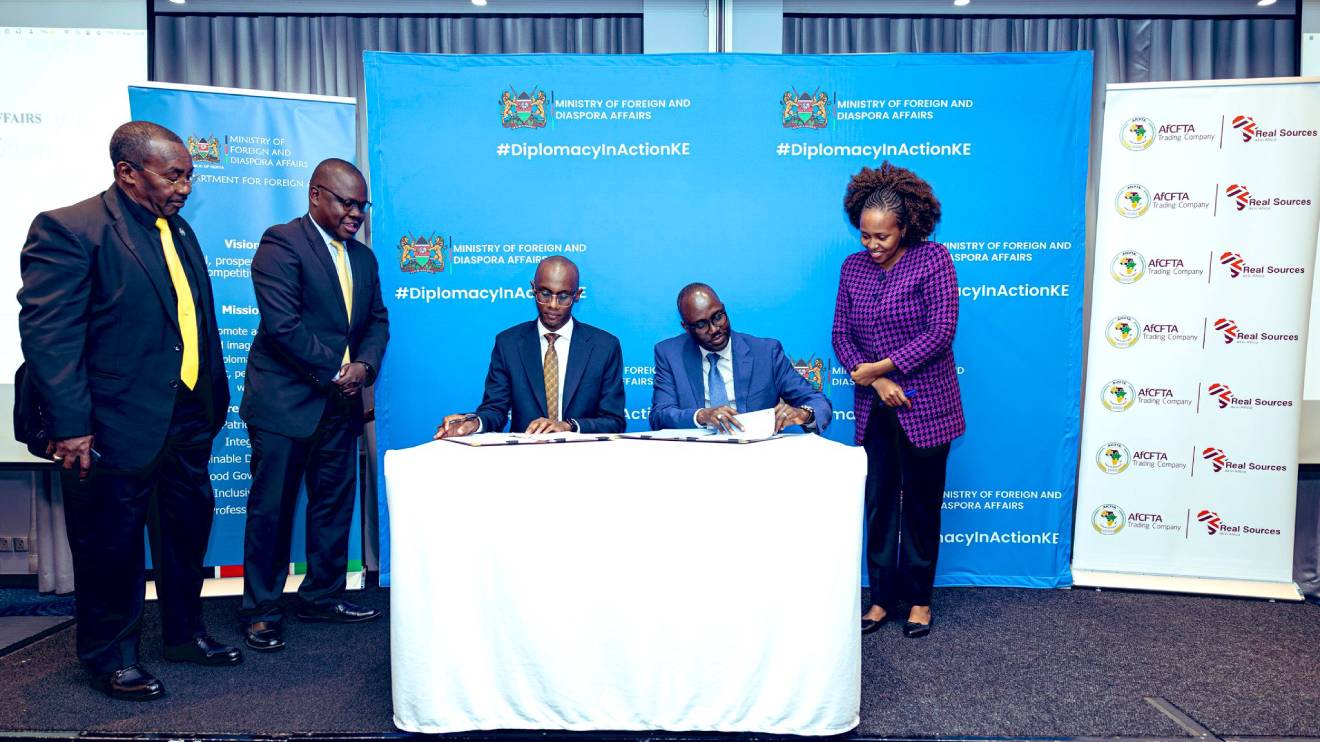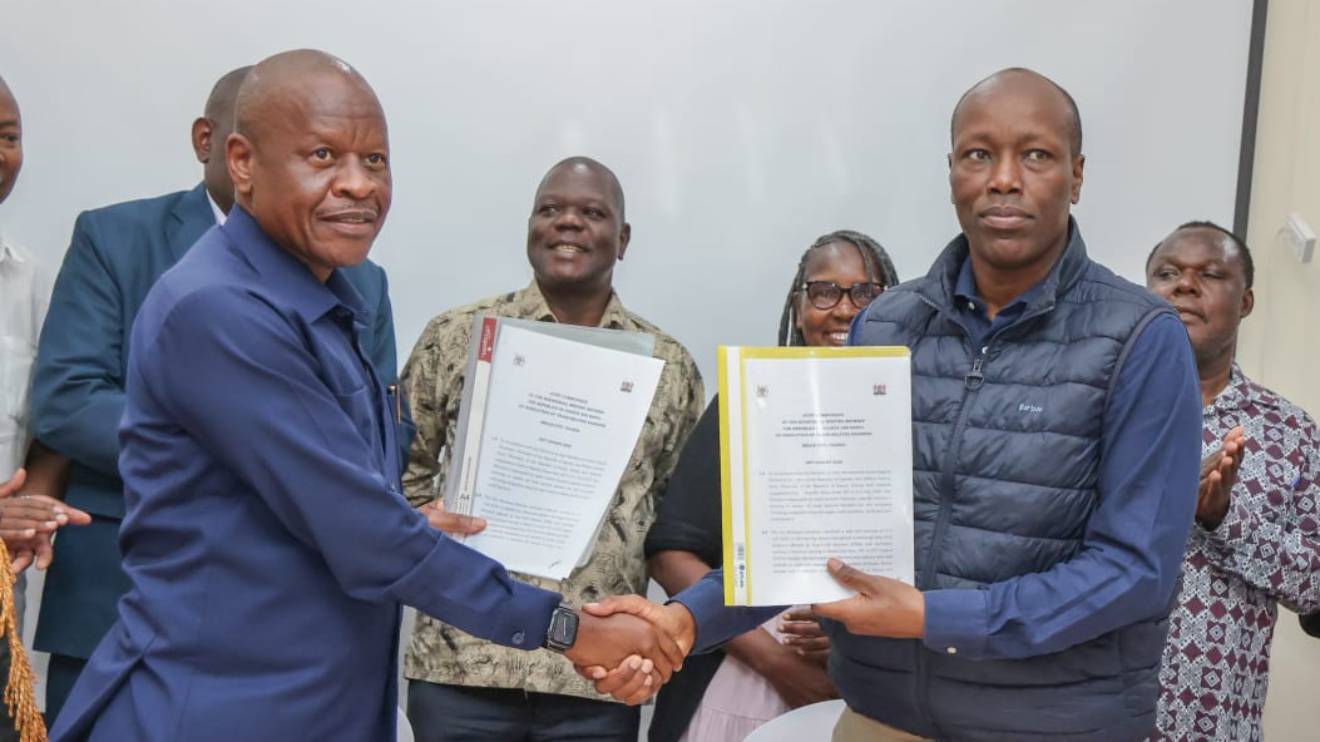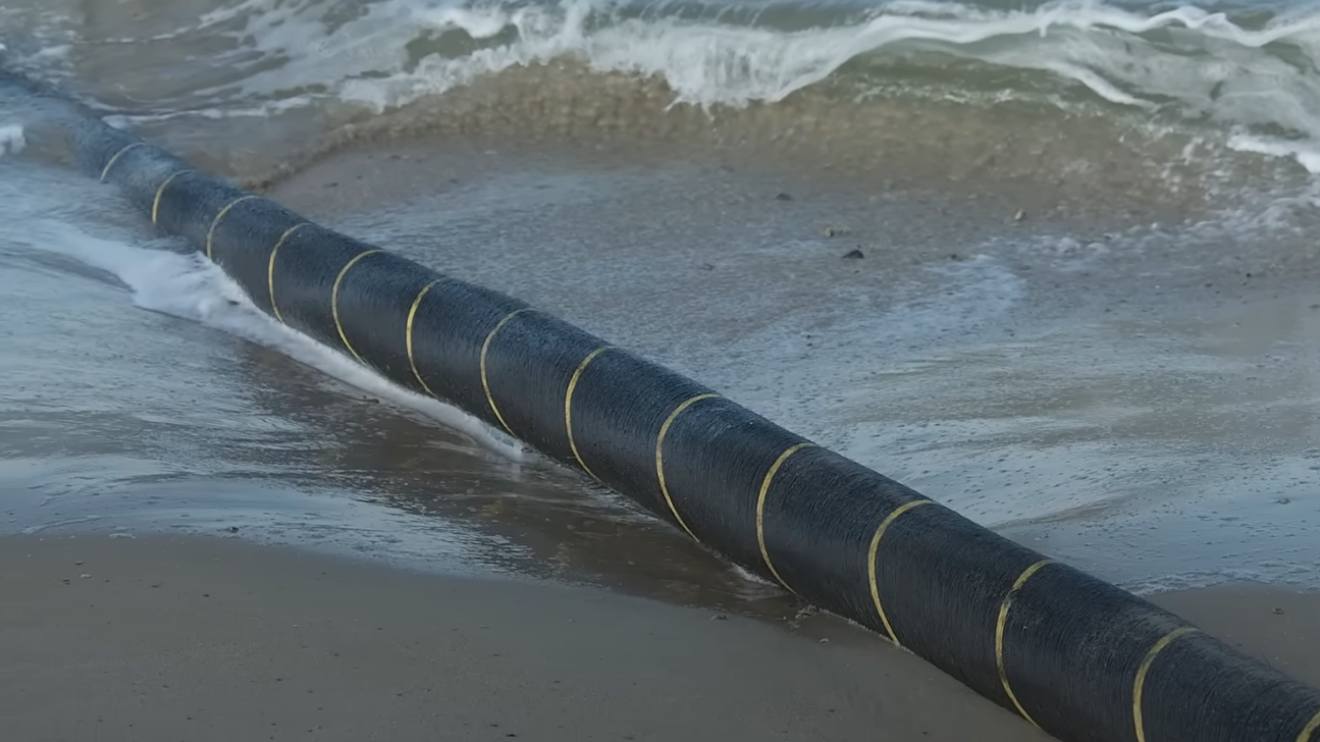To tackle the substantial backlog of passport applications exceeding 724,000, the government enlisted the National Security Intelligence Service (NIS) to secure passport printing materials from overseas suppliers.
This move comes as the government grapples with a global supply chain bottleneck that has hampered its ability to source enough booklets to meet the rising demand for travel documents.
Interior CS Kithure Kindiki informed Parliament's Regional Integration Committee about the challenges in sourcing enough passport booklets.
"I have assigned the National Intelligence Service (NIS) to support the State Department for Immigration and Registration of Citizens to get us these travel materials," Kindiki said.
He highlighting the government's difficulties in acquiring sufficient printing materials.
Read More
"We have approached all of them (suppliers)," Kindiki remarked, "and they have told us they can't supply us the numbers we need."
The Immigration Department necessitates three million booklets every three months, but current suppliers are only capable of fulfilling half that amount.
This critical shortage coincides with a recent government initiative promoting labour exportation, leading to a surge in passport applications.
Kindiki elaborated, "The surge in the applications is tied to government policy on exportation of labour."
To address the backlog and cater to future needs, the government aims to secure enough booklets to provide passports to all Kenyans over the next two years.
"We need three million booklets every 90 days for the next two years to give all Kenyans passports," Kindiki stressed.
Following this two-year period, the government intends to proactively issue passports to all Kenyans upon reaching the age of 18, eliminating the need for individual applications.
"I am sure we will be there because every Kenyan has a right to hold a passport," the Interior CS affirmed.
The alleged global shortage of passport printing materials has been cited by suppliers as the primary reason for the current limitations.
While the exact number of booklets the NIS will be able to secure remains undisclosed, this is not the first instance where the government has relied on the intelligence agency's procurement expertise for purchases.

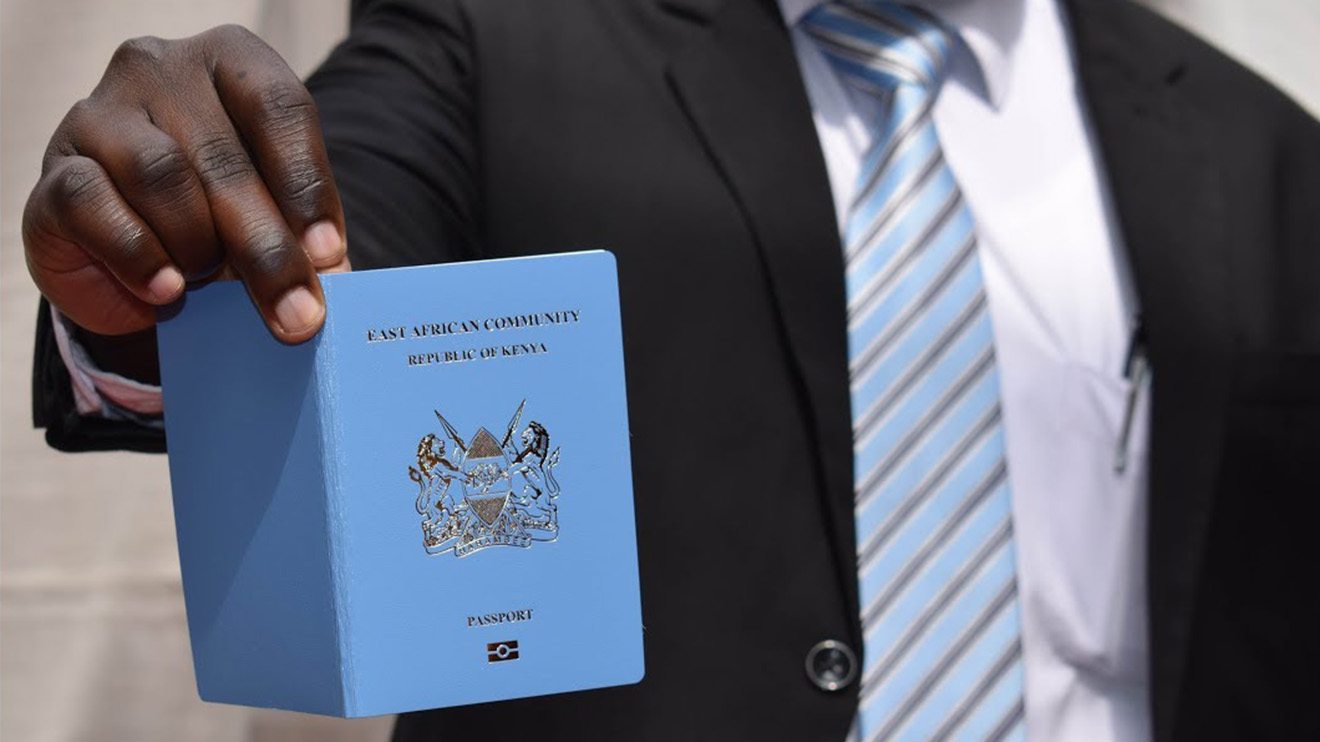


-1756319289.jpg)
